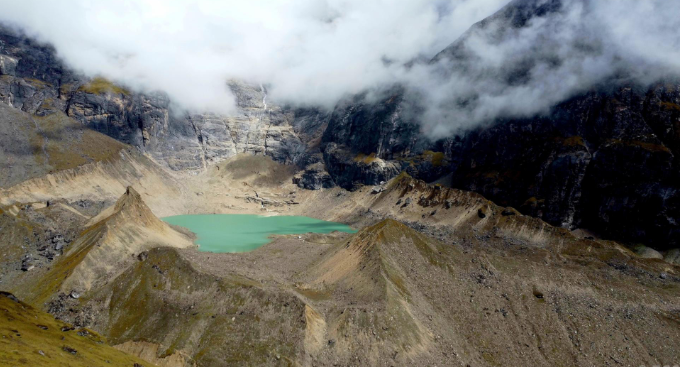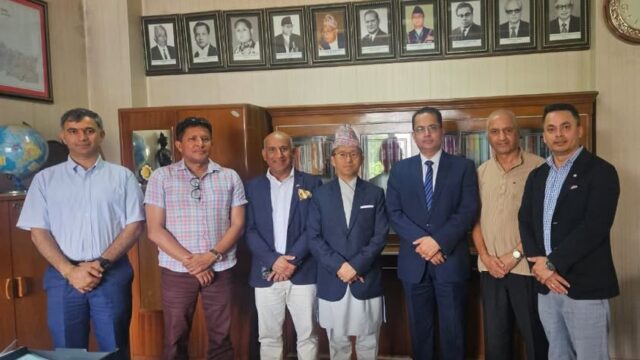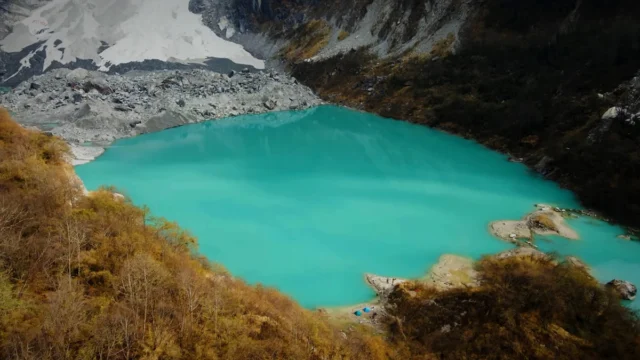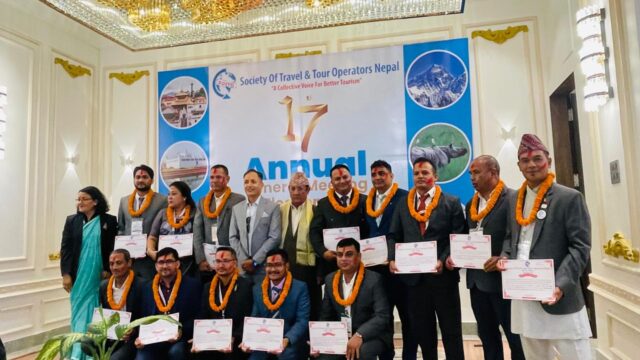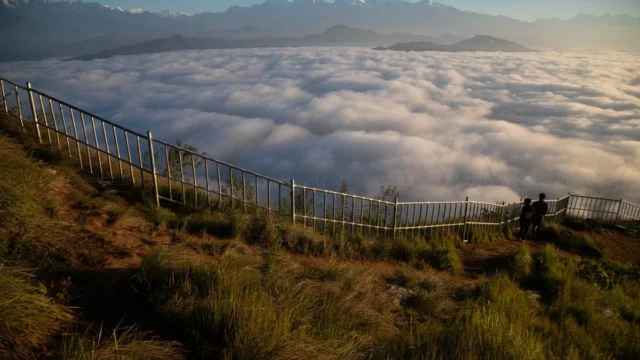Located in the Jagdulla Village Municipality of Dolpa, the enigmatic Raksas Lake is steeped in religious significance and intriguing local beliefs. This sacred lake, which resembles a betel leaf in shape, is a focal point of pilgrimage and reverence in the region.
The lake, known for its unique appearance, is often referred to as ‘Maya Lake’ in contemporary times, drawing a parallel to its distinctive shape. According to local religious traditions, there are specific prohibitions associated with this site. Pilgrims are advised against bathing in the lake, as well as looking back at it once they have left its vicinity. These customs reflect deep-rooted spiritual practices and respect for the sacred nature of the lake.
The belief that one should not bathe or look back at the lake is not merely a cultural quirk but a deeply ingrained tradition that highlights the spiritual significance attributed to Raksas Lake. This adherence to ritual underscores the profound connection between the local communities and their sacred sites.
As visitors and pilgrims continue to be drawn to Raksas Lake for its spiritual allure and captivating shape, these customs play a crucial role in preserving the sanctity and cultural heritage of this sacred site.
